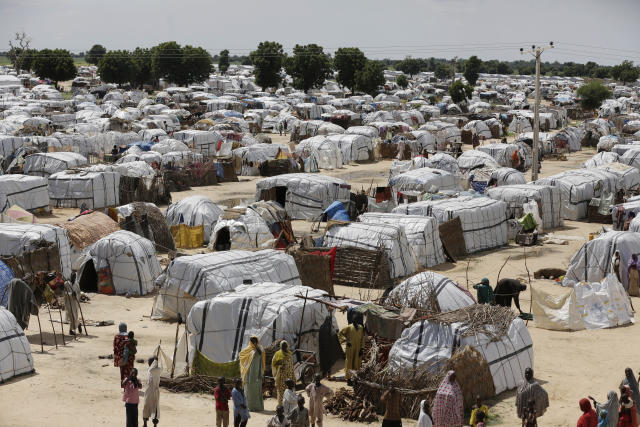A report released on Thursday has shown that climate change-related droughts, flooding, and a diminishing Lake Chad are generating conflict and migration in the area and need to be adequately addressed.
Refugees International, a human rights organization, demanded that the topic take centre stage at a high-level international conference on the Lake Chad basin that will take place next week in Niamey, the capital of Niger.
According to the report, dwindling natural resources brought on by unfavourable weather are escalating tensions between neighbours and uprooting individuals. It also added that 3 million people have been forced to flee their homes, and an additional 11 million require humanitarian relief.
Read also: Thunberg resumes campaign after detention, says climate protest not a crime
The lead author of the report, Alexandra Lamarche, said: “For too long, insufficient attention has been paid to how climate change fuels violence and displacement,” adding that “International responses to the Lake Chad basin crisis have singularly focused on the presence of armed groups.”
According to Mabingue Ngom, the senior advisor to the executive director of the United Nations population agency, the Lake Chad region is facing “much more than a climate and ecological crisis.”
Ngom said, “It is a humanitarian issue touching on peace and regional development.”
The United Nations weather agency had warned that the Lake Chad basin “is particularly vulnerable to climate change-related extreme events such as floods and droughts. It also cautioned that extreme events will likely become more abundant causing more frequent droughts and flooding with impacts on food security and general security in the region.
Lamarche pointed out that as climate change increases, the northern Cameroonian commune of Logone Birni is especially susceptible to rising violence.
Story was adapted from AP.
